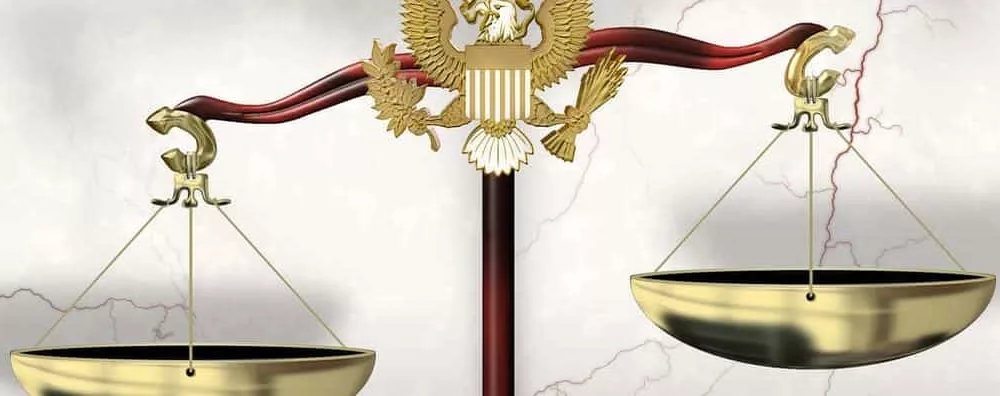By KEVIN BESSLER
Illinois Radio Network
CHICAGO, Ill. (IRN) — Illinois is the only state that is moving ahead with a law that limits banks from charging interchange fees on tax and tip revenues, but was officially challenged in court Wednesday.
A group of organizations, including the Illinois Bankers Association, asked a federal judge for an injunction blocking the Interchange Fee Prohibition Act from taking effect next year.
Gov. J.B. Pritzker has said the Act was the best outcome for Illinois retailers, who will also be capped in the discount they get for collecting and remitting sales taxes.
The Illinois Retail Merchants Association said the law would provide tangible relief to Illinois workers, families and businesses by limiting the fees financial institutions can charge on transactions.
“The U.S. credit card industry will still collect the highest fees in the world, even with the Illinois law in place,” said National Association of Convention Stores General Counsel Doug Kantor. “There is no justification for slowing the Illinois law from taking effect.”
On Wednesday, attorney Charlotte Taylor with the firm Jones Day argued that banks have a right to charge fees.
“They are providing the card holder with a service. They’re going out and marketing their cards to card holders. They’re taking on the liability of credit cards and the state of Illinois is saying that for every 10 cents for every dollar you aren’t going to get paid for that which I think is a extreme interference,” said Taylor.
The Office of the Comptroller of Currency, the agent in the U.S. Department of the Treasury that regulates banks, filed a brief which called the new law ill-conceived, highly unusual and largely unworkable.
The Center for Legal Action for the American Free Enterprise Chamber of Commerce also filed an amicus brief. The brief laid out ways Illinois’ law would upend the principles of the National Bank Act of 1863, passed during the Civil War which was designed to bring uniformity to the banking system.
The Electronic Payments Coalition said the Illinois law is an example of troubling self-dealing by a state government.
The law is set to take effect July 1, 2025, unless a court steps in and blocks the implementation of the legislation.




